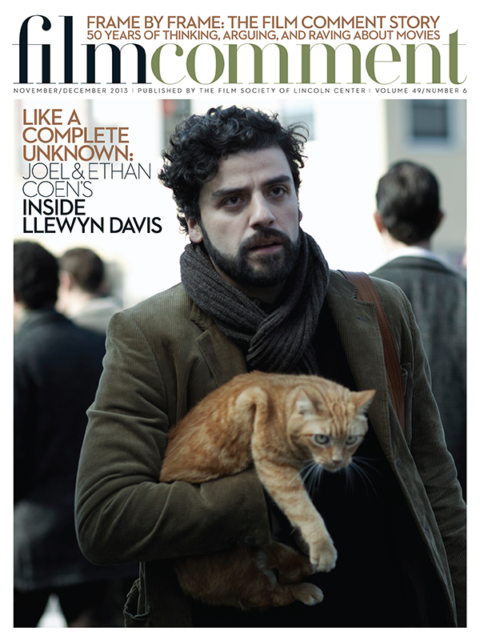Here is a story for which the phrase “stranger than fiction” might have been coined. It begins with an 18-year-old Irish convent girl called Philomena Lee, named after a saint whose sainthood remains a contested subject, but whom some believe to be the patron of babies and lost causes. This namesake commits the cardinal sin of taking her knickers down for a boy, gets pregnant, and gives birth to a son, which the good Sisters take away from her, never to be seen or heard from again. Then some 50 years later there comes a journalist, himself a bit of a lost cause, having risen to a post in Tony Blair’s government only to take the fall for a scandal. And this reporter, somewhat cynically, offers to help Philomena solve the great mystery of her life, because he still has a nose for a good story, even if it is one of those lamentable human-interest tales cherished by the “weak-minded, vulnerable, ignorant” masses.

These are the broad strokes of Stephen Frears’s Philomena, and they are all true, and they will make you angry, and they will tear your heart to pieces. The source is the book The Lost Child of Philomena Lee by Martin Sixsmith, the venerable BBC Moscow and Washington correspondent who went on to become communications director for the Department of Transport. He’s played with slightly sneering, Oxford-bred contempt by Steve Coogan (who adapted the screenplay together with Jeff Pope), while Philomena is Judi Dench in the kind of performance by which entire careers are defined. More on that in a moment.
First, though, a word on the movie’s key art: a perfectly dreadful image of Coogan grimacing and Dench smiling broadly while seated on a bench, as if waiting for Forrest Gump to join them. Indeed, it’s all too easy to imagine a version of Philomena for which that poster would be a case of truth in advertising, a kind of geriatric Planes, Trains and Automobiles where the fussy, arrogant, atheistic Sixsmith and the feisty, plainspoken, devout-believer Lee come to see the world through each other’s eyes as they follow her phantom son’s trail from the U.K. to Washington, D.C. and back again. But Frears and Coogan are much too smart for that (to say nothing of their leading lady). Instead, their Philomena is an acutely powerful study in unshakable faith and the human capacity to forgive, and of people tempest-tossed by institutions (from the Catholic Church to the Reagan administration), holding on in the storm.

Judi Dench came late to stardom, especially in America, where she has been nominated for six Oscars since 1997 (when she was already 63 years old), winning Supporting Actress for her delicious eight minutes as Elizabeth I in Shakespeare in Love. And yet in Philomena it is as if we are seeing her for the first time—not because she is hidden behind layers of makeup (she isn’t), but because of that mysterious inner alchemy that can transform an actor more thoroughly than any amount of latex.
The regal air is gone here, so too the caustic, replaced by the cautious reserve of a God-fearing woman who has spent a lifetime suffering in silence, resigned to her fate. But Philomena is nobody’s fool either—a natural reader of people, she remains frequently one step ahead of her journalistic interlocutor. Watch Dench in the scene where she matter-of-factly discloses her awareness of her son’s homosexuality, and you will see how potentially cheap comic relief becomes a revealing character moment, and a master class in actorly restraint. This is screen acting that approaches the divine. All hail Saint Judi.








